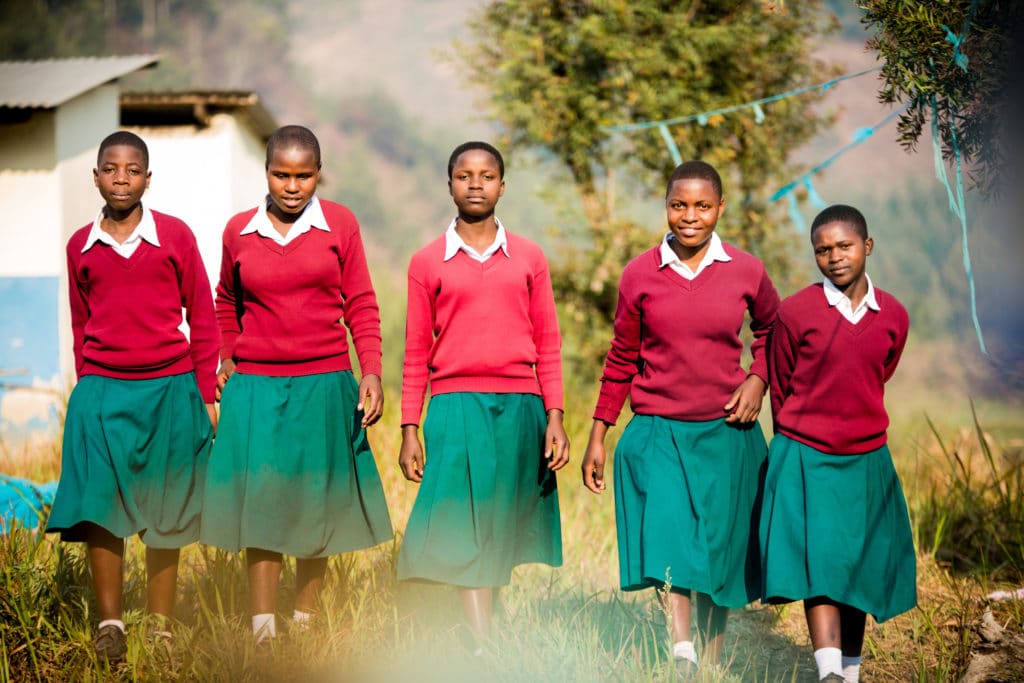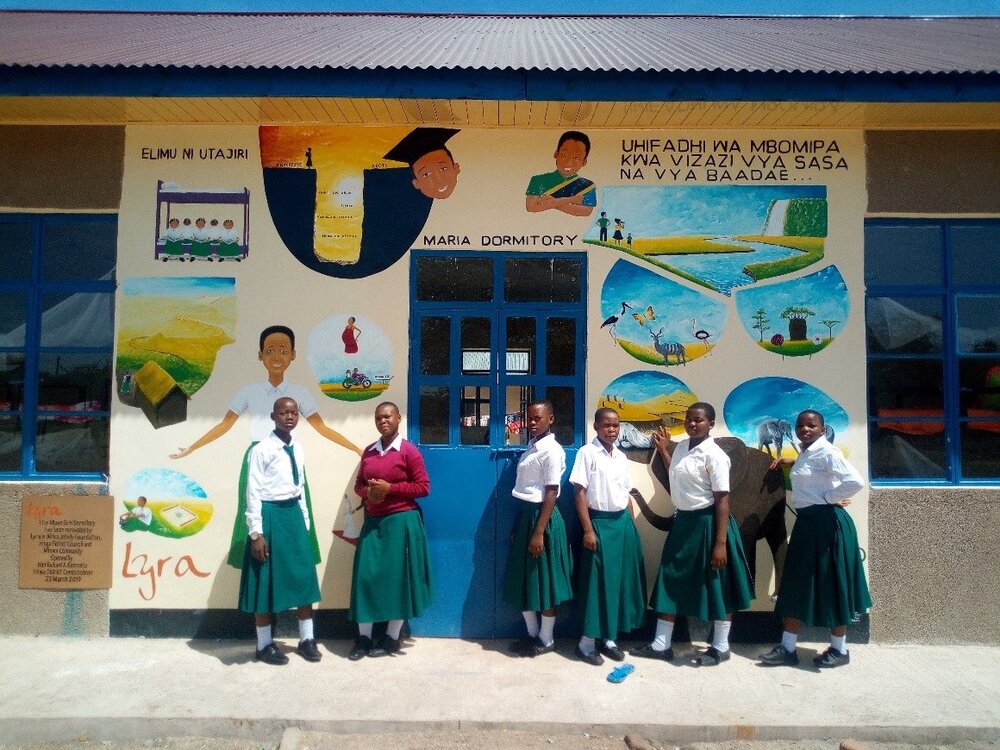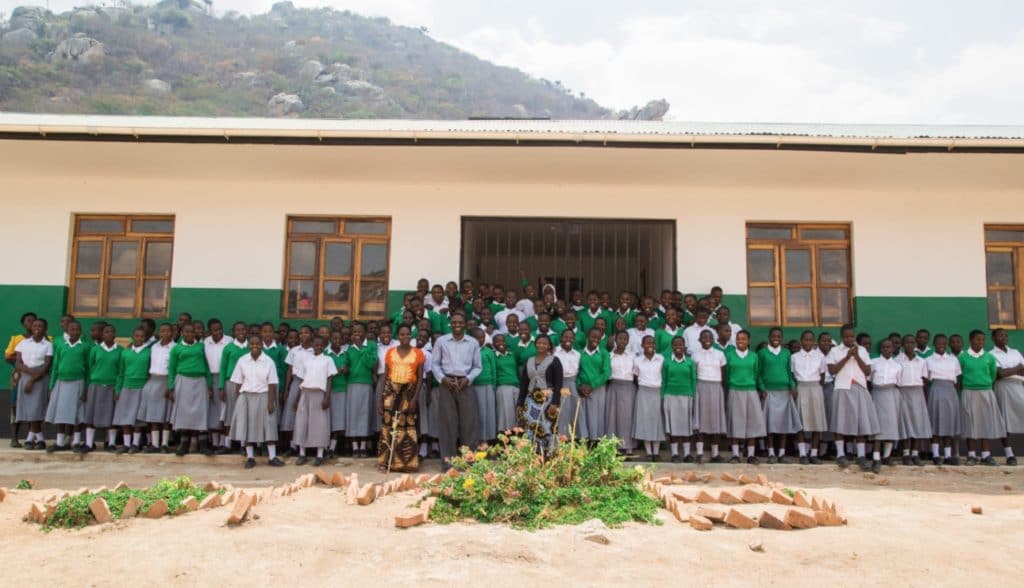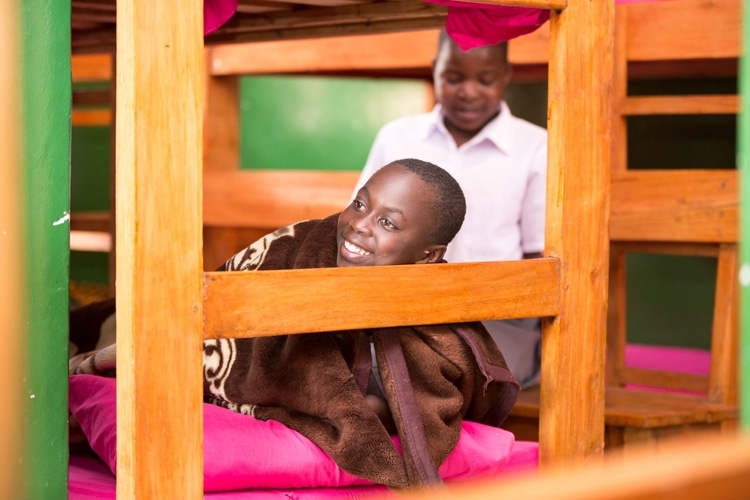Tanzania (Iringa)
Educating girls is fundamental for a sustainable future for East Africa, but only 5 percent of girls graduate. Most spend six or more hours a day walking back and forth to school in the pursuit of education, and when they finally get home, there are chores to do.
On top of this, rural girls also face the continual risk of sexual abuse and pregnancy. One reason is the long distances to secondary schools, where girls are exposed to widespread sexual harassment. Men often ask for sex in exchange for gifts, rides or money.

Lyra in Africa builds eco-friendly, innovative low-carbon hostels for girls in government ward secondary schools where there is a need, enabling those who live far from school to safely attend and study.

Since the Lyra hostel began construction program in 2012, 2,500 girls have lived at hostels with no reported pregnancies. This compares with a total of 118 girls who did not live in hostels dropping out of seven schools between 2012 and 2019 after becoming pregnant. Pregnancy is a great cause of shame and leads to immediate removal from school, no matter the circumstances. Parents choose tea picking as an alternative to school.

A dormitory next to the school offers the girls a safe place to live, helping them have time to focus on studies and saving many hours spent walking on unsafe roads to school and doing the household chores while their brothers do their homework.

Since 2012 Lyra has built 11 hostels to-date, housing over 1,000 girls per year across nine secondary schools – to change their lives with education. But for every girl Lyra has been able to help, there are many more living in poverty, suffering sexual abuse, or unable to make a change to their lives. Lyra’s mission is to create vibrant rural communities by improving the education and income for girls and women and supporting them to become part of the economy.
AtlasAction: Make a donation. Lyra uses 100% of its external funding directly on projects in Tanzania.
Bio
Journalist and blogger, he has worked as an editor for several travel, nature and science magazines for the last 20 years.
Project leader
Maria Spink, founder
Support the Atlas
We want the Atlas of the Future media platform and our event to be available to everybody, everywhere for free – always. Fancy helping us spread stories of hope and optimism to create a better tomorrow? For those able, we'd be grateful for any donation.
- Please support the Atlas here
- Thank you!


